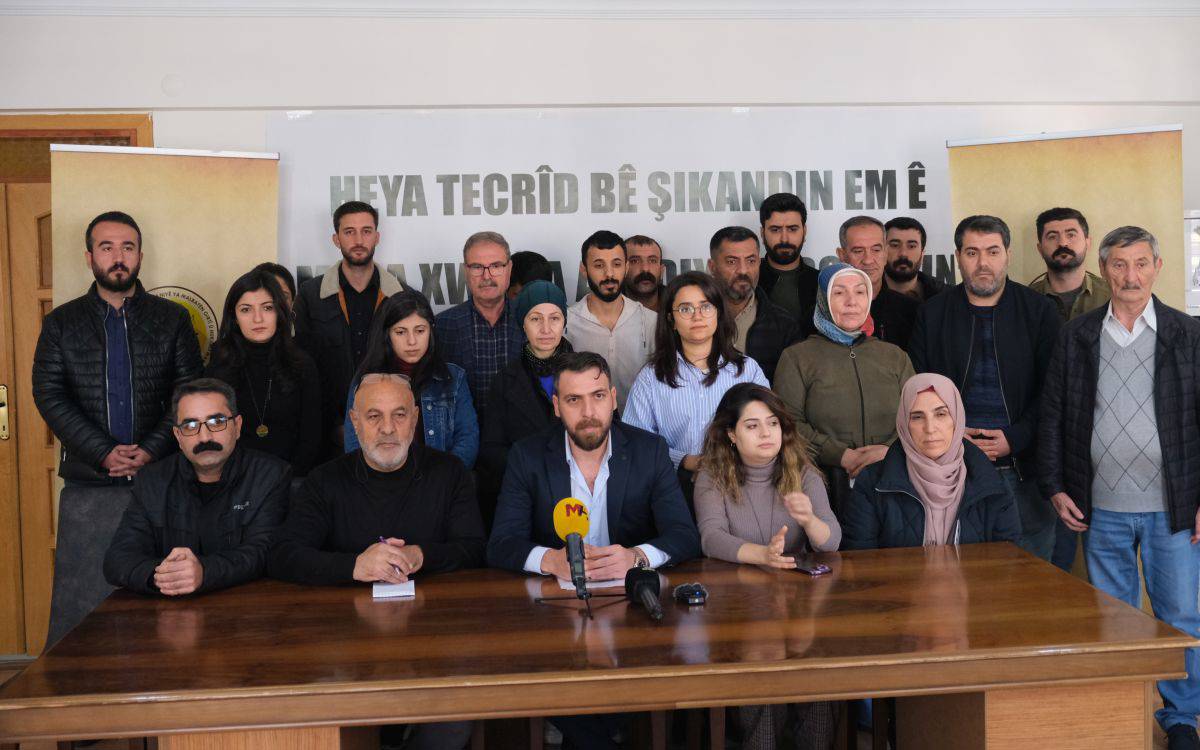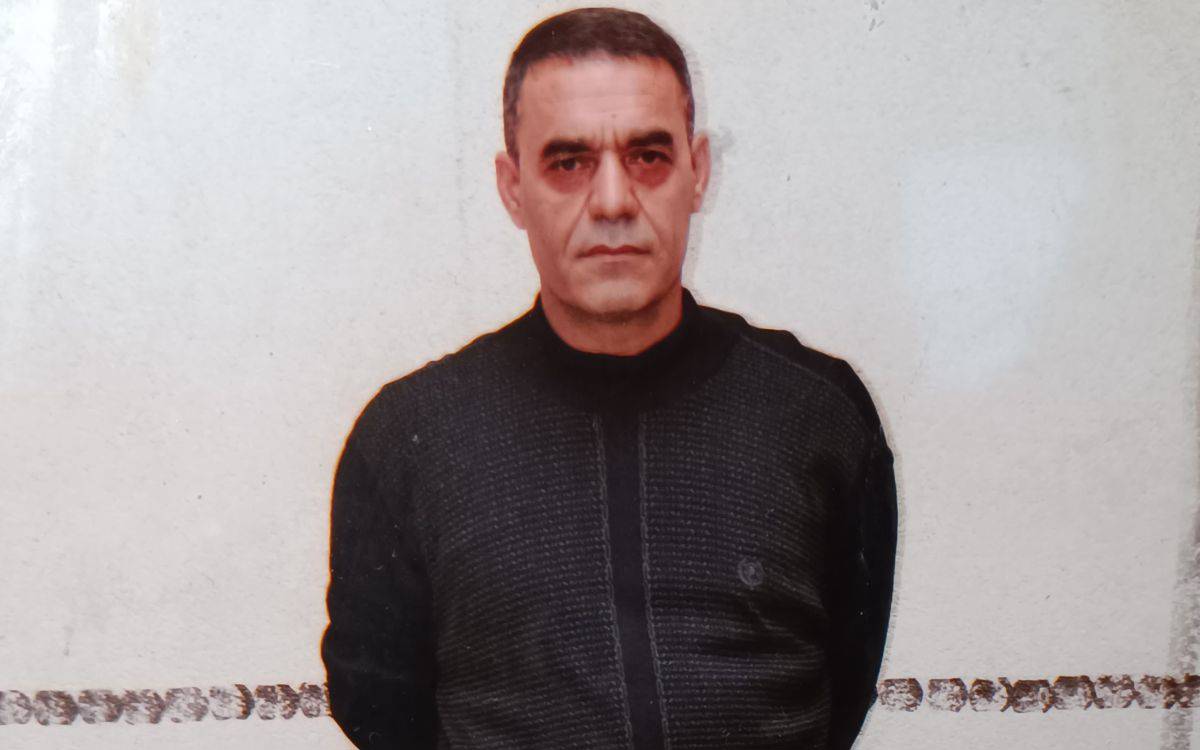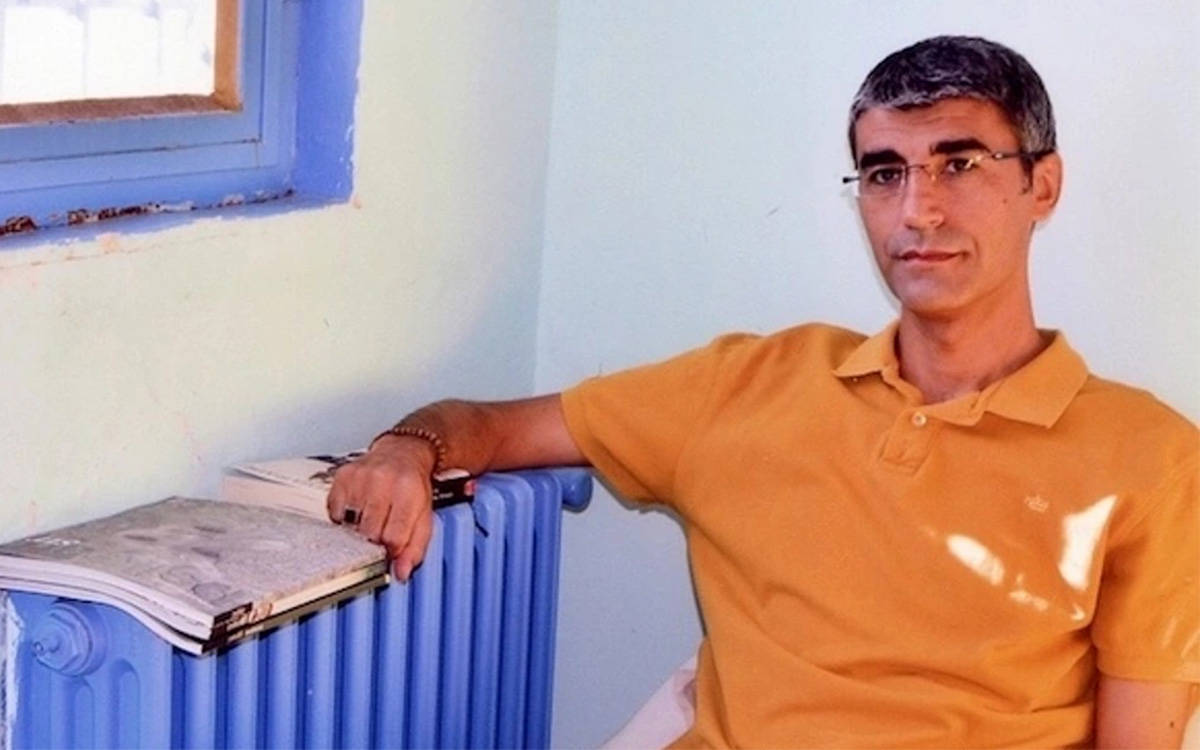A report on the prisoners whose releases were postponed due to disciplinary penalties in 13 prisons was announced yesterday (November 23) in Diyarbakır.
According to the report prepared by the Association of Lawyers for Freedom (ÖHD) and the Association for Solidarity with the Families of Detainees and Convicts (TUAY-DER) Diyarbakır branches, the release of 28 inmates from 13 prisons is being prevented by decisions of the Administration and Observation Boards.
Binbir, stating that the report was prepared based on prison visits and research conducted through applications from inmates or their families, mentioned that the obstacles discussed in the report pertain to 28 inmates in prisons located in Diyarbakır, Gaziantep, Elazığ, Erzincan, and Erzurum provinces.
Binbir stated, "With the changes made in the 'Regulation on Observation and Classification Centers and Evaluation of Convicts,' which came into effect in January 2021, the 'administration and observation boards' in prisons have started to function like judicial mechanisms." He emphasized that these boards impose remorse on prisoners based on completed trial files.
The lawyer conveyed that prisoners are forced to express their thoughts, decisions are made through subjective assessments, and arbitrarily, the rights of prisoners to probation and conditional release are taken away.
Noteworthy questions to prisoners
Binbir shared some of the noteworthy questions asked during interviews conducted by the Administration and Observation Boards under the guise of meetings with prisoners, stating that prisoners are compelled to express their thoughts:
'Are you remorseful?'
'Will you engage in organizational activities after release?'
'Why didn't you move to a neutral ward?'
'Do you consider the organization you are involved in as a terrorist organization?'
'How do you perceive the PKK?'
'What will you do when you are released?'
'Does any member of your family have a file related to membership in an organization?'
'What are your thoughts about Abdullah Öcalan?'
'How is your relationship with your family? Will you commit the same crime again?'
"Board decisions contrary to the Constitution"
Binbir also drew attention to the expressions in the evaluation reports of the Boards:
"...the belief that there is a low risk of committing a crime again has not been formed..."
"...no attitude and behaviors indicating remorse, not displaying a constructive attitude, not having realistic plans for after leaving the closed penal institution..."
"...no declaration of neutrality since admission to the institution..."
"...opposition to the count when first admitted to prison, no remorse for the sentence, not accepting the accusations in the file..."
"...unable to integrate with society due to basing on organizational hierarchy..."
"...no remorse whatsoever for the committed crime, not severing organizational ties, no request to separate from the terrorist organization. Furthermore, in accordance with Article 190 of the Code of Civil Procedure, unless there is a specific regulation in the law regarding the burden of proof, the burden of proving the legal consequence attached to the alleged fact belongs to the party claiming the right in his favor. The obligation to prove that the mentioned individual has left the terrorist organization also belongs to him..."
Lawyer Binbir, announcing the joint report of the two associations, emphasized that the concept of "good conduct" of the prisoners mentioned in the regulation violates the principles of definiteness and predictability in the Constitution, as it involves arbitrary assessments and subjective criteria by the boards. He stated, "With this regulation, the Administrative and Observation Boards have become a decision-making authority about the prisoners, exceeding even the powers of the judiciary, in cases where only the judiciary can decide."
No equality in the implementation of probationary release
In the joint statement of the two associations, it was argued that the provision in Article 6/2-c of the Open Prison Transition Regulation should be completely removed from the relevant regulation in accordance with the constitutional principle of equality protected by the Constitution..
This part of the regulation has the following expression:, "[Those who] Have been convicted of terrorism and organized crimes, with less than one year remaining until the conditional release date, having left the organization they are affiliated with as determined by the decision of the administration and observation board."
It was argued that an assessment should be made without distinguishing the type of crime to benefit from the probationary release. (BA/AS/PE)







